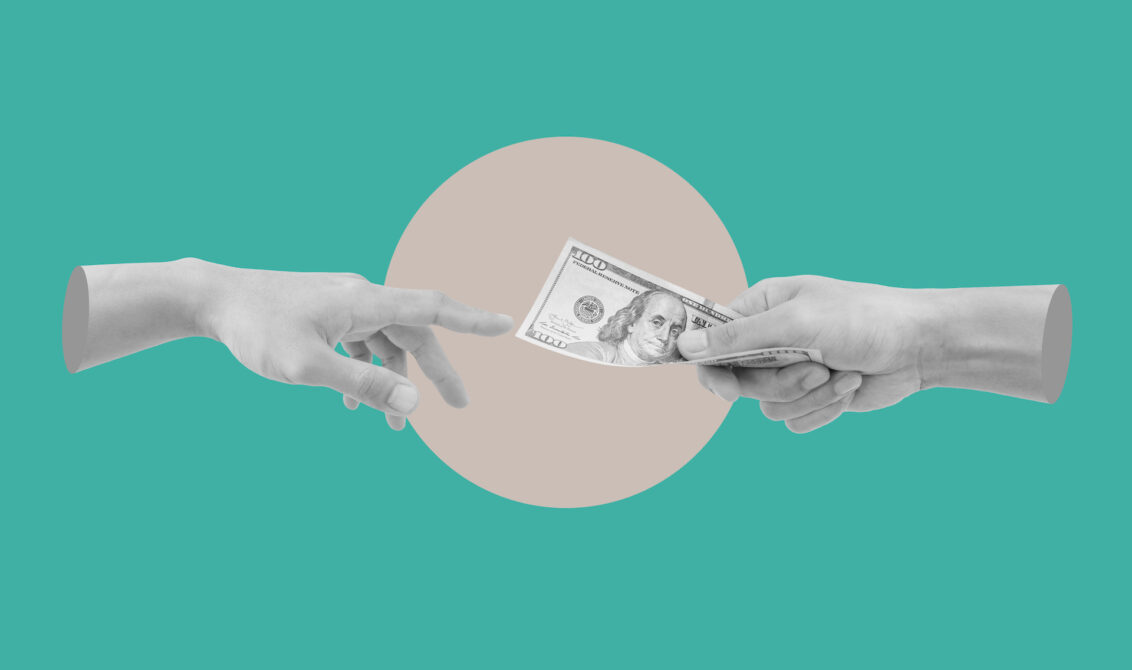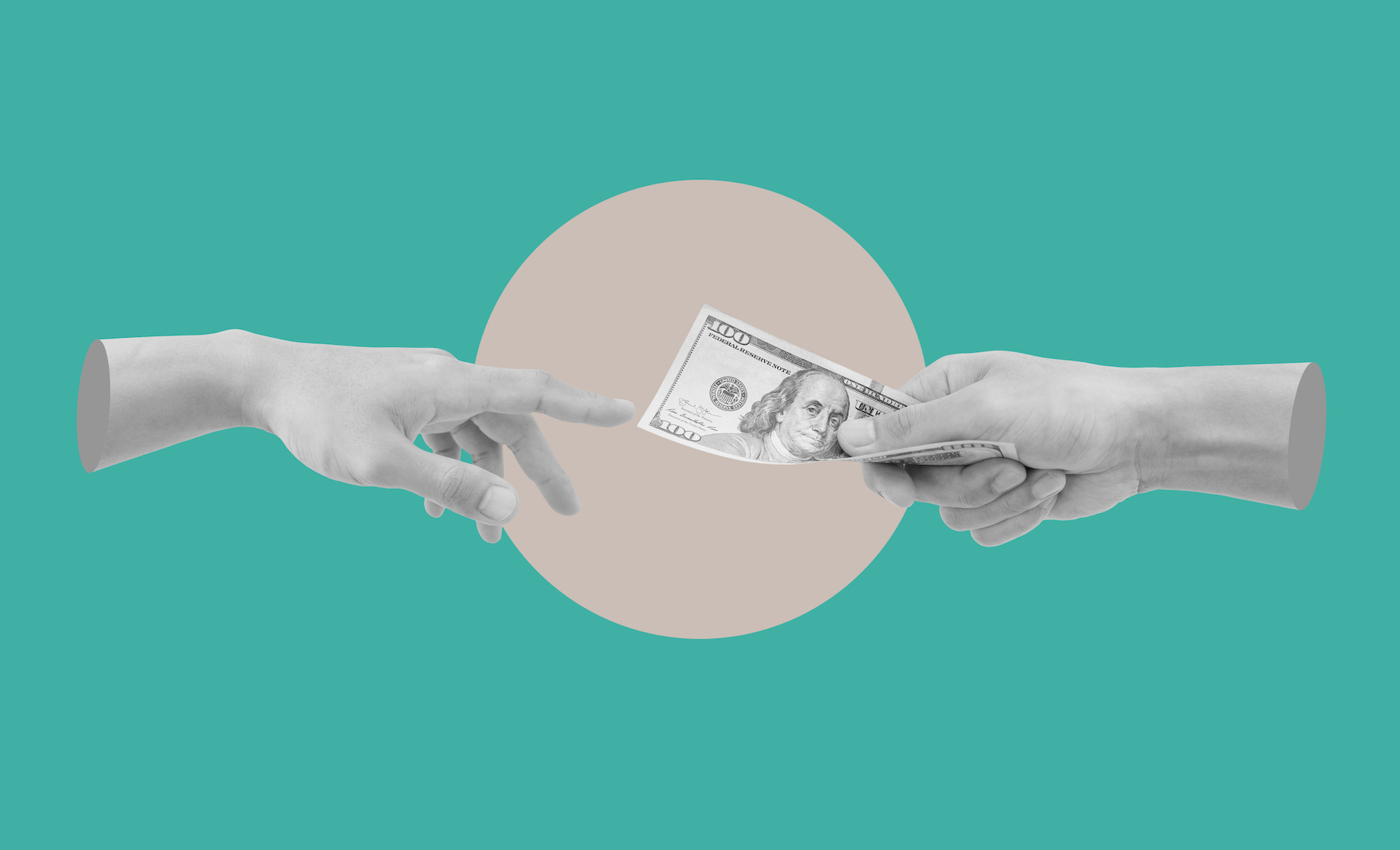The trend of borrowing from family and friends has been on the rise, with 25 million Americans taking out an informal loan in 2022. To capitalize on this growth multiple fintech startups have emerged to more easily facilitate loans between individuals who want alternatives or are denied access to traditional lending. With some companies charge rates comparable to and rivaling those found within payday lending retailers.

In addition to peer-to-peer lending, there is a growth of “buy-now-pay-later” schemes where customers can purchase everything from clothing to furniture, to travel based on creditworthiness. This business model can potentially do more damage than good for consumers, with the recent public disclosure of millions of dollars in losses from popular buy-now-pay-later platforms, demonstrating this.
In recent years, amid COVID-19, more people moved money back and forth amongst one another outside of traditional banks in increasing numbers. Using Venmo or Cashapp to send money instantly, people are giving directly to people they don’t know to cover the same problems they take out loans for, and without any expectation of a financial return. This shows that there is indeed an alternative to replicating repayment systems that create more financial burden and worry for everyone.
Instead of more loans, this moment provides an opportunity to develop and grow social financial safety nets that share money as gifts rather than loans. A shift from lending mode to interest-free gift-giving creates inclusive economic growth in three important ways:
Strengthen community trust
The social impact of cash gifts between strangers is often underestimated. While it is true that such transfers can help to address immediate needs, they can also create lasting trust and social cohesion. When people are able to help one another financially, it builds a sense of community and responsibility. This, in turn, can lead to greater cooperation and social harmony. Additionally, cash gifts between individuals can help to break down barriers between social groups. By creating opportunities for people from different backgrounds to interact with one another, they help to create a more diverse and inclusive society.
Reduce additional debt
Relying on a lender, even if they are a relative, can be expensive and damage someone’s credit if they cannot pay it back in a timely manner. Fortunately, financial gifts from friends or family can be a much better solution since there is no need to worry about repayments or interest rates. Because financial gifts do not impact credit scores and give benefactors more time to pay off other debts, they actually help to improve credit ratings in the long term.
Enhance bottom lines
Like any other type of company, fintech needs to turn a profit and should recognize the opportunity in financial gifts over lending schemes. Every year, $4 billion (USD) flows through charitable organizations from individuals gifting their money to help other individuals, and a portion of that could be funneled to fintech startups solving underbanked problems. This would not only be profitable for the companies but would also help millions of people who are struggling to access essential financial services.
Direct cash transfers as a gift can help to build relationships, foster trust, and provide an important safety net in times of need. In addition, they can be used to show appreciation, thank someone for their help, or simply express love and affection. Whatever the reason, it’s clear that financial gifts are here to stay.
Kortney Ziegler, Ph.D., is a serial entrepreneur who develops simple tech solutions that increase financial and social prosperity for users. Before launching WellMoney with the support of ideas42Ventures, Dr. Ziegler co-founded the crowdfunding platform Appolition, raising over $1 million to pay bail for people who can’t afford it. He is an award-winning filmmaker, writer, and the first person to hold a Ph.D. in African American Studies from Northwestern University.
© YFS Magazine. All Rights Reserved. Copying prohibited. All material is protected by U.S. and international copyright laws. Unauthorized reproduction or distribution of this material is prohibited. Sharing of this material under Attribution-NonCommercial-NoDerivatives 4.0 International terms, listed here, is permitted.





